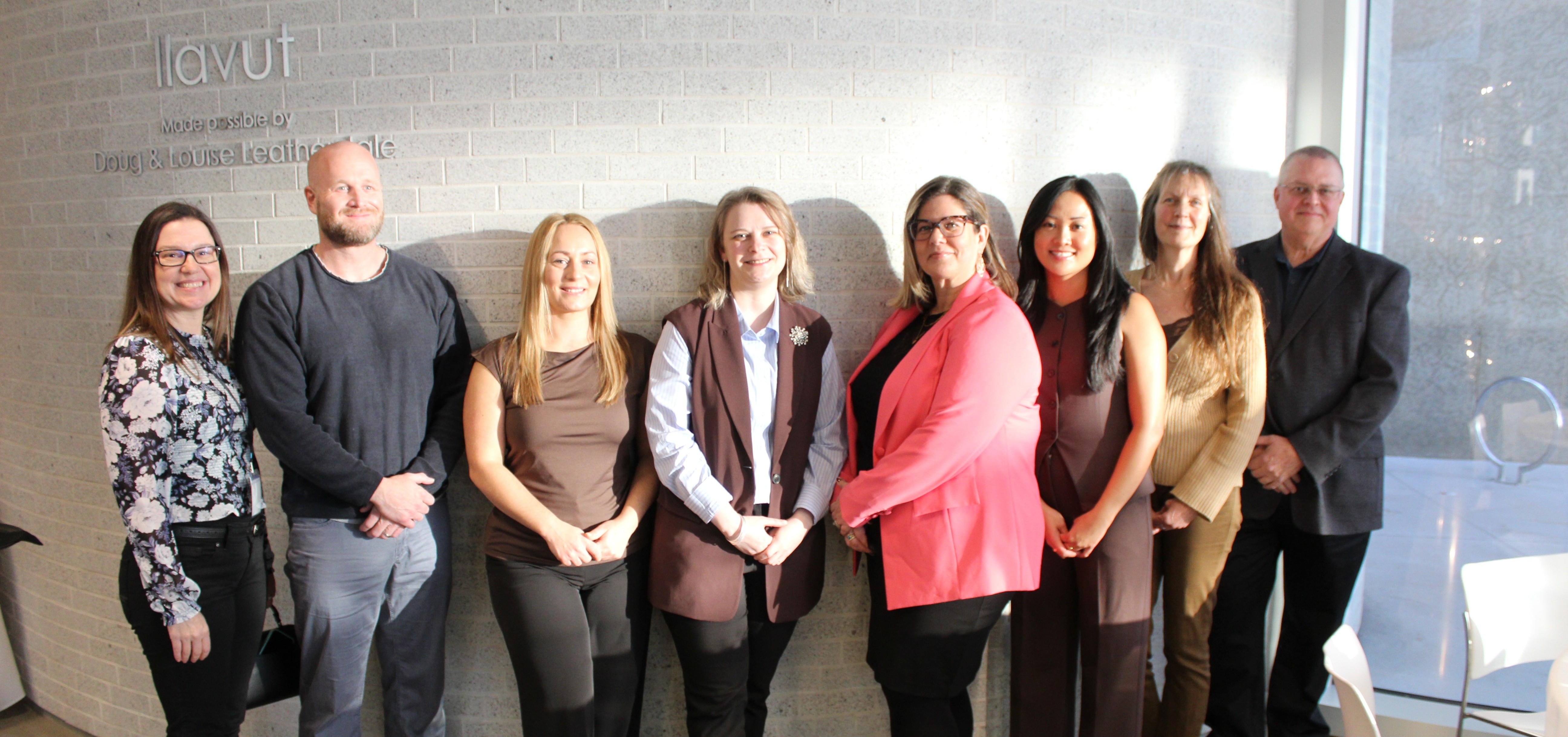During our customer-led session on International and Interdisciplinary Collaborations at ARMA 2025 in Edinburgh, Reuben Sneller (Trusted Research Officer at the University of Leicester), shared how his research-intensive institution is embedding robust governance processes across diverse disciplines even with limited resources and increasing external scrutiny.
About the University of Leicester
The University of Leicester is a leading research institution, ranked in the top 30 at REF 2021 and with more than 89% of its research assessed as “world-leading” or “internationally excellent”. The university is famous for its pioneering space research, with a university-built instrument operating in space every year since 1967 and Space Park Leicester providing an unrivalled national hub. The nature of this work, including international partnerships and complex projects, means Leicester must particularly focus on its exposure to security risks that fall under Trusted Research.
Challenges and Pain Points
Initially, Trusted Research responsibilities, driven by unfunded research and high volumes of applications, fell informally upon the Research Integrity team, with Reuben telling us that “like many, my manager was told to just ‘handle this trusted research thing’ on top of our other responsibilities” . This ad hoc approach, however, quickly revealed structural gaps including:
- Limited Resourcing: With only a small team, there was no dedicated infrastructure for triaging or managing cases.
- Managing high volumes: To date, over 400 trusted research assessments and 1,600+ due diligence checks have been conducted at Leicester
- Fragmented Processes: Due diligence and risk assessments were conducted in silos, using diverse approaches rather than one unified workflow.
- Uncaptured Risks: Many high-risk activities, especially informal or unfunded projects, were outside the scope of existing systems and, therefore, overlooked.
- Governance Complexity: Managing oversight across faculties, IT, and leadership teams required better coordination and clearer escalation pathways.
Reuben explained that it was apparent that Leicester would have to ensure its compliance in this space in order to continue its growth and international partnerships.
How Infonetica Is Helping
Leicester began its Trusted Research journey by developing its own light touch processes using Microsoft Forms for intake and Microsoft Lists for tracking to quickly create a "front door" for research risk review. As the volume and complexity grew, however, the university has begun using Infonetica Export Controls to introduce scalable, integrated infrastructure covering unfunded research. The vision for this new partnership includes:
- Process Integration via Infonetica Platfom: Leicester is adopting Infonetica’s platform to formally capture all research activity, including unfunded work, and eliminate blind spots.
- Automated Logging and Oversight: Moving toward mandatory logging ensures consistent oversight across the research portfolio.
- Enabling cross-functional collaboration: Leicester formed a Trusted Research Group, bringing together research directors, digital services, and administrative leads to align institutional policy and operations. Infonetica is working with Leicester to explore integrating such groups into their Infonetica workflows.
- Data Visibility and Audit Trails: With support from Infonetica, Leicester will be able to better document risk decisions, streamline handoffs, and support audits.
"We’re moving to mandatory research logging using Infonetica. It will help capture unfunded work too. That’s often where risk lies: what we don’t know about." - Reuben Sneller, Trusted Research Officer, University of Leicester
Next Steps
For Leicester, the next steps involve continuing evolution and tweaking of processes, with priorities including:
- Rolling out mandatory use of Infonetica Export Controls across departments
- Updating their internal due diligence processes for consistency and ease of use
- Strengthening integration between systems and stakeholder groups
- Maintaining support from senior leaders and promoting culture change across the institution
The University of Leicester’s approach reflects what’s possible when a research-intensive university treats Trusted Research as a strategic priority rather than as just another compliance task. Through bringing together inhouse innovation and a formal system provided by Infonetica, Leicester is leading by example: scaling secure research practices without overwhelming staff, and sharing best practices with peers in the sector at the same time.


.jpg)


.jpg)










